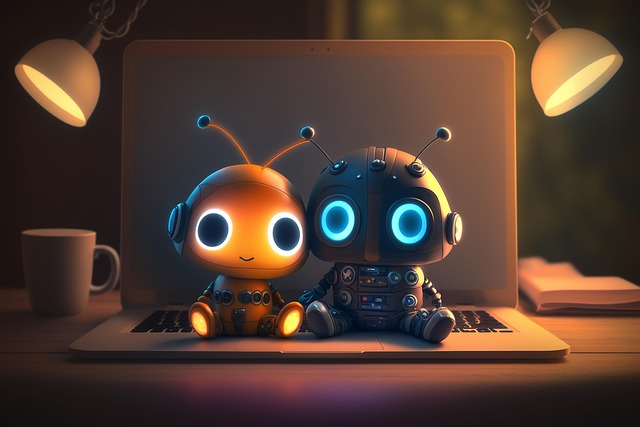Section 1: Introduction
Artificial intelligence (AI) technology has been rapidly evolving in recent years, transforming industries and revolutionizing the way we live and work. From self-driving cars to virtual assistants, AI has become a ubiquitous presence in our daily lives. But beyond its convenience and efficiency, AI has the potential to unleash limitless possibilities and drive unprecedented growth in various industries. In this article, we will explore the evolutionary impact of AI technology on industries and how it is shaping the future of our world.
Section 2: AI in Healthcare
One of the most promising areas where AI is making a significant impact is healthcare. With its ability to analyze vast amounts of data and identify patterns, AI is helping medical professionals make accurate diagnoses and develop effective treatment plans. AI-powered medical imaging has improved the accuracy of cancer detection, reducing the need for invasive procedures and saving lives. Additionally, AI is being used to develop personalized medicine, where treatments are tailored to an individual’s genetic makeup, leading to more effective outcomes.
Moreover, AI is transforming the way healthcare is delivered. With the help of virtual assistants and chatbots, patients can now access medical advice and support remotely, reducing the burden on healthcare systems and improving access to care. AI-powered robots are also being used in surgery, assisting surgeons with precision and reducing the risk of human error. As AI continues to evolve, it has the potential to revolutionize the healthcare industry, making it more efficient, accessible, and personalized.
Section 3: AI in Manufacturing
AI is also revolutionizing the manufacturing industry, with its ability to automate processes and improve efficiency. AI-powered robots are increasingly being used in manufacturing plants, performing tasks that are dangerous or monotonous for humans. This not only reduces the risk of workplace accidents but also allows human workers to focus on more complex and creative tasks.
Furthermore, AI is optimizing supply chain management, predicting demand and optimizing inventory levels, leading to cost savings and improved customer satisfaction. With the help of AI-powered predictive maintenance, manufacturers can also identify potential issues before they occur, reducing downtime and improving productivity. As AI continues to evolve, it has the potential to transform the manufacturing industry, making it more streamlined, cost-effective, and sustainable.
Section 4: AI in Finance
The finance industry is another sector that is experiencing the transformative impact of AI technology. AI-powered algorithms are being used to analyze financial data and make investment decisions, leading to more accurate predictions and better returns. With the help of AI, financial institutions can also detect and prevent fraud, reducing financial losses and protecting customers.
Moreover, AI-powered chatbots are being used in customer service, providing 24/7 support and improving the overall customer experience. This not only reduces the workload on human employees but also allows them to focus on more complex tasks that require human interaction. As AI continues to evolve, it has the potential to revolutionize the finance industry, making it more efficient, secure, and customer-centric.
Section 5: Challenges and Opportunities
While the potential of AI technology to transform industries is immense, it also brings with it some challenges and ethical considerations. The fear of job displacement is a significant concern, as AI-powered automation may render some jobs obsolete. However, experts believe that AI will create more jobs than it eliminates, as it will require human workers to develop, maintain, and supervise AI systems.
Moreover, there are concerns about the bias and lack of transparency in AI algorithms, which can lead to discriminatory outcomes. To address these challenges, it is essential for companies to develop AI systems that are fair, transparent, and accountable. This will not only ensure the ethical use of AI but also build trust with consumers and stakeholders.
On the other hand, the opportunities presented by AI technology are immense. With its ability to automate tasks, AI can free up human workers to focus on more creative and innovative tasks. This can lead to the development of new products and services, driving economic growth and creating new job opportunities.
Section 6: Conclusion
In conclusion, the evolutionary impact of AI technology on industries is undeniable. From healthcare to finance, AI is transforming the way we live and work, unleashing limitless potential and driving growth. As AI continues to evolve, it is crucial for companies and individuals to embrace its potential while being mindful of the ethical considerations. With responsible use, AI has the power to revolutionize industries and shape a better future for all.

